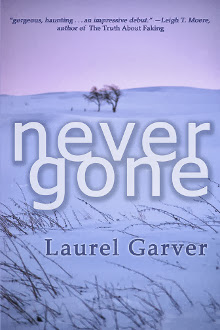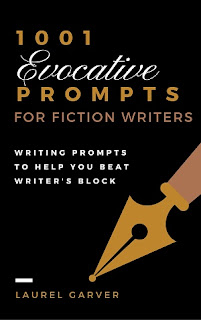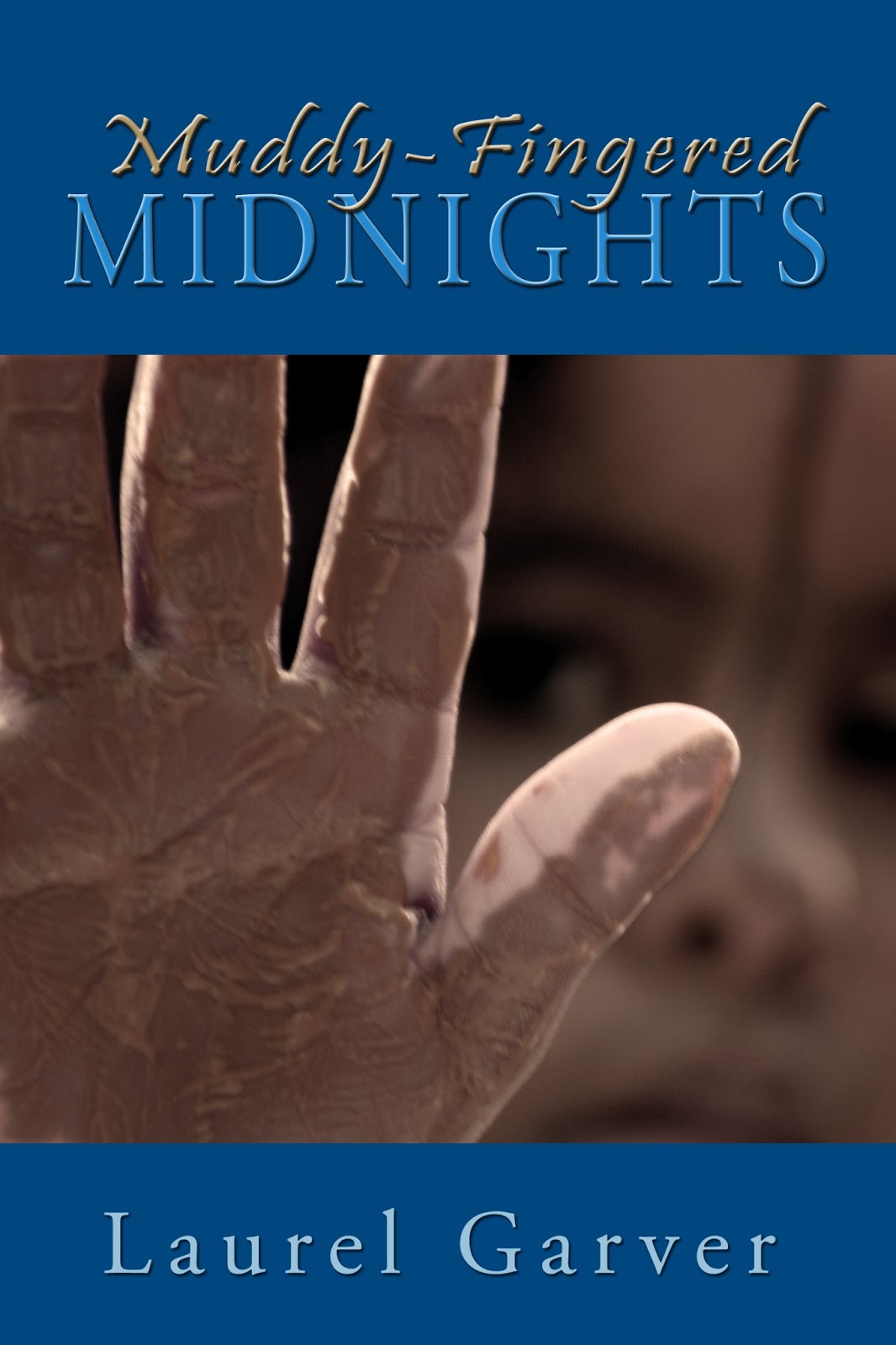by Sherrie Petersen
| Photo credit: quicksandala from morguefile.com |
Here are the top research tools I used when I was working on WISH YOU WEREN’T.
Takeaway: Use multiple search terms to get the broadest array of answers to your questions.
Phone/Email
Sometimes I would find information that looked valid, but it had an old date on it, or I would find more than one version. At times like this, it’s useful to make personal contact: email someone or pick up the phone and call them. You’d be amazed how willing people are to answer seemingly strange questions once you tell them you’re an author working on a story.Takeaway: Personal contact gives you the most up-to-date information and might even offer you tidbits that you never would have found any other way.
Personal Visit
This isn’t always feasible, but it’s hands down the BEST way to research a setting. I took my family to a JPL open house (they only hold them once a year) and then returned a few months later for a personal tour to make sure I had all my details right. During the open house they handed out maps (invaluable), took us in clean rooms and got us excited about all the new projects going on. During the personal tour we got to go inside buildings that we missed during the open house and since it was just us, I was able to ask a lot of specific questions without worrying that I was holding other people up. Both experiences were fantastic and provided information I couldn’t have gleaned from the Internet.Takeaway: Make the effort to visit actual locations so that you can give readers the most believable descriptions.
Observation
One of the things readers have always complimented me on is my character dialog. Since I have two children and I work at a school, it’s not hard for me to make the kids in my books sound real. I’m around them all day – I know how they talk. In middle grade this is SO important because if a ten-year-old sounds more like the 40-year-old author, you’ve already lost your young reader. If you’re writing for kids and you don’t have easy access to any, offer to babysit, take your nephews for the weekend, visit a toy store or a playground and listen to the conversations. Whoever your main characters are, make their voices authentic to their age, their station in life and their sense of who they are, so that they’re believable to your readers.No matter what type of novel you’re writing, research is the core that gives your story authenticity. If you’re doing it right, you’ll learn more than you’ll ever be able to fit between the covers, but the payoff is more than worth it: your readers will embrace the world you’ve created and fall in love with your story.
Which of Sherrie's techniques might be most helpful for you to try?
About WISH YOU WEREN’T
MG sci-fi/fantasyMarten doesn't believe in the power of wishes. None of his have ever come true. His parents ignore him, his little brother is a pain and his family is talking about moving to Texas. Not cool. So when he makes an impulsive wish during a meteor shower, he doesn't expect it to make any difference.
Until his annoying brother disappears.
With the present uncertain and his brother’s future in limbo, Marten finds himself stuck in his past. And if he runs out of time, even wishes might not be enough to save the ones he loves.
Goodreads / Read the first two chapters on Wattpad
bn.com / amazon / kobo
And right now if you buy a printed copy on Amazon, you’ll get the e-book for free!
 SHERRIE PETERSEN still believes in magic and she loves to write (and read!) stories that take her on fantastic adventures. In addition to writing middle grade novels, Sherrie moonlights as a graphic designer, substitute teacher, freelance writer, school newspaper advisor, yearbook advisor and mother of two children. She spends her free time watching movies, driving kids around and baking cookies. Or eating them.
SHERRIE PETERSEN still believes in magic and she loves to write (and read!) stories that take her on fantastic adventures. In addition to writing middle grade novels, Sherrie moonlights as a graphic designer, substitute teacher, freelance writer, school newspaper advisor, yearbook advisor and mother of two children. She spends her free time watching movies, driving kids around and baking cookies. Or eating them.WISH YOU WEREN’T is her debut novel.
Find her on: Twitter / Facebook / Blog / Website
Thanks for having me on your site, Laurel!!














